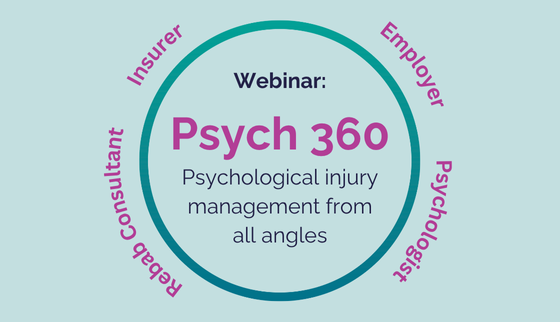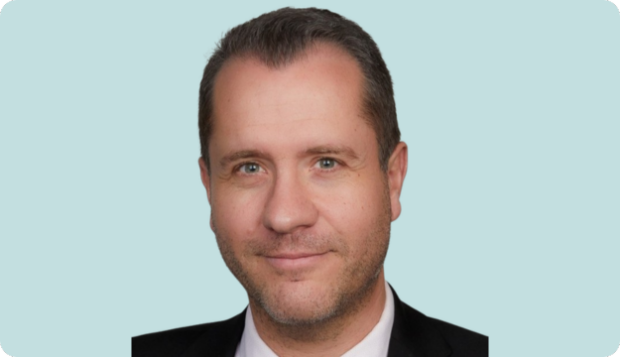In celebration of National Rehabilitation Counsellors Appreciation Day, we asked Acumen Health Team Manager, Ben Ireland, to answers some questions regarding the extraordinary people in this profession and the impact their work has on the lives of their clients.

Could you provide an overview of rehabilitation counselling and elaborate on the primary goals associated with this profession?
Rehabilitation Counsellors (RCs) aim to empower clients to restore their physical, psychological, and / or social function.
Many of us are employed within occupational Rehabilitation, working specifically to help our clients return to their paid or unpaid employment following injury.
We can work for employers, occupational rehabilitation providers, and insurers.
We work with injured clients, their employers, and their treaters. Rehabilitation counselling is a multifaceted profession, that is challenging and rewarding in equal measure.
In your perspective, what are the key qualities and skills that contribute to the effectiveness of a rehabilitation counsellor, and why are these attributes significant?
I believe that the two most important qualities of a rehabilitation counsellor are communication and believing in the health benefits of work.
RCs work in a variety of industries and with multiple stakeholders.
Having well developed communication skills and an ability to talk to people from all walks of life, greatly enhances your ability to negotiate and agree upon return to work goals.
Good work improves individual wellbeing.
Beyond that, good work impacts family and community health.
When we work towards good work as the rehabilitation outcome, instead of hitting a return to work KPI, our enthusiasm becomes infectious, and our clients become motivated to achieve their own positive change.
How do rehabilitation counsellors enhance return to work programs, and what unique benefits do they bring to the table for employers and employees alike?
RCs provide targeted support, including case management, allied health review, vocational counselling and assessments, return to work program development, and stakeholder coordination and counselling.
RCs are experts in reviewing the needs of their stakeholders and developing interventions to achieve mutually beneficial outcomes that enhance wellbeing and reduce long term costs.
Can you explain how rehabilitation counsellors employ an holistic approach to a client’s return to work journey?
Individual biopsychosocial factors can adversely impact rehabilitation outcomes.
RCs assess these factors as part of their initial assessment, determining what stressors need to be (simultaneously) addressed in order to achieve a positive rehabilitation outcome.
Multiple stakeholders, such as doctors, workplace mediators, and financial advisors, might be engaged to resolve these concerns, thereby clearing the way to achieve a positive RTW outcome.
Each case is different, and every client has different personal concerns and motivators.
Understanding what these are, will be the key to success.
Reflecting on the moments you’ve facilitated successful client outcomes in return to work and recovery, how does it make you feel and how do these accomplishments impact your approach to counselling?
I have been a RC for over 15 years.
This isn’t a new profession, but I regularly have to explain to people what I do.
Over the years, I have regularly worked in challenging situations with acrimonious parties.
Despite the challenges, I am motivated by the remarkable clients I work with, achieving outcomes that I understand would not have occurred without my intervention.
I have seen the value of this discipline time and again, and hope that my work as a Team Manager is now uplifting and motivating the people I work with.
To learn more about our return to work services, contact our friendly Acumen team.




